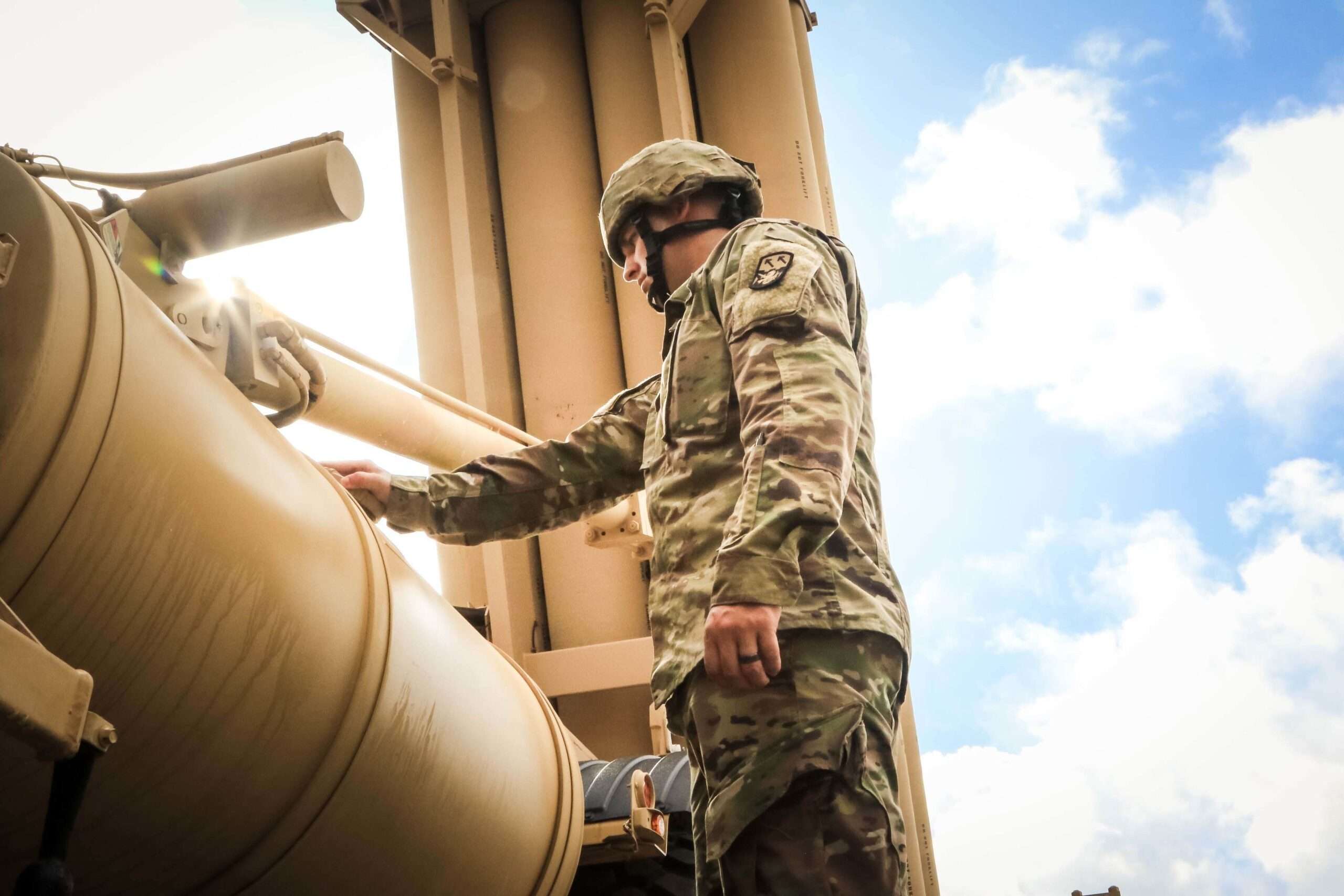Congress Members Who Lost Interest in War Powers Post-Trump Era
The War Powers Act has rarely been invoked by Congress, with its most significant use occurring during Donald Trump’s presidency when bipartisan resolutions were passed to limit military involvement in Yemen and against Iran. Despite both efforts being vetoed by Trump, they showed a growing trend of Congress seeking to reassert its authority over military interventions. In stark contrast to this earlier push for restraint, there has been a noticeable shift in attitude among Congress members regarding President Joe Biden’s recent decision to send troops to help Israel against Iran. This newfound bipartisan support for military action marks a dramatic flip from the previous calls for a check on presidential war powers, with some lawmakers who had once advocated for debate on military action now endorsing Biden’s troop deployments without congressional authorization.
The implications of troop deployment are exacerbated by ongoing tensions between Israel and Iran, as the Israeli government prepares to respond to perceived threats from Iran amidst escalated hostilities. The deployment of around 100 U.S. troops to operate a Terminal High Altitude Area Defense (THAAD) system has raised questions regarding the legality and morality of the intervention, particularly given the War Powers Act’s stipulations which require presidential notification to Congress regarding troop deployments and impose limitations on their duration without congressional approval. Critics argue that Congress has not authorized direct military action involving U.S. forces in this conflict despite their logistical and defensive support for Israel. This context signifies a potential escalation of U.S. involvement in foreign conflicts without appropriate legislative oversight.
Some lawmakers have expressed skepticism about the necessity of deploying U.S. troops in Israel’s combat zones. Representative Scott Perry voiced concerns about risking American lives without clear authorization, emphasizing that American forces should not be placed in jeopardy when they could provide material support instead. Furthermore, a group of Democratic congresswomen raised similar concerns about the military support being extended to Israel, suggesting a need for debate on the U.S. role in the region without directly addressing troop deployments. The urgency surrounding the situation was further intensified by an attack from Hezbollah that resulted in Israeli casualties, which raises the stakes for American troops stationed in the area.
The commentary surrounding the use of the THAAD system is revealing, particularly as its deployment is framed within a context of protection. Lawmakers, like Senator Richard Blumenthal, have voiced their support for the THAAD deployment under the pretext that it serves a defensive purpose, reflecting a significant shift from previous stances advocating for clear congressional authorization for military action. This pivot in rhetoric begs the question of whether members who once championed legislative oversight are now attempting to reframe their positions in light of geopolitical realities and pressures, particularly those related to national defense commitments around allies like Israel.
Notably, many of the primary advocates of Congressional war powers reform have remained silent on the current troop deployment to Israel, which starkly contrasts their earlier positions advocating for thorough Congressional debate before entering conflicts. Even though individual lawmakers like Senator Tammy Duckworth have articulated strong positions about the need for vote fulfillment concerning military force, they have not publicly confronted the THAAD deployment issue directly. This reluctance highlights the complexities and difficulties inherent in maintaining a coherent narrative on war powers amid shifting political landscapes, particularly when American service members can become involved in imminent threats.
Ultimately, the contrasting views on military intervention reveal the inherent challenges Congress faces in balancing national defense with legal structures designed to safeguard against unchecked executive power. As U.S. troops find themselves in increasingly precarious situations, the historical reluctance of Congress to assert its authority in matters of war raises vital issues. Discussions around the legitimacy of military action conducted without explicit congressional approval speak to the longstanding tensions between the executive and legislative branches of government concerning war powers. Navigating through these contentious spaces is crucial for fostering meaningful debates about military engagement and accountability in the context of present and future conflicts involving American forces.
Share this content:












Post Comment